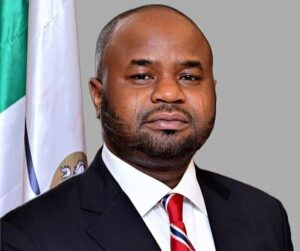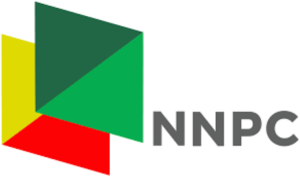
To achieve stable power supply in Nigeria and other African countries, the federal government has charged investors to channel more resources into small hydropower projects as obtained in solar power technology.
The appeal came yesterday in Abuja from the minister of power, Adebayo Adelabu, at a capacity building training on small hydro power development standards for policy makers, standardisation bureau and renewable energy project developers in the Economic Community of West African States (ECOWAS) and East African Commission (EAC).
The workshop, which was attended by participants from the African region, was aimed at promoting small hydropower development standards in West and East Africa, under the framework of the “Technical Guidelines for the Development of International Standards for Small Hydropower Plants”, and the GEF funded project, “ Scaling Up Small Hydropower in Nigeria “
Adelabu, who was represented by the assistant director of renewable energy and rural power, Engr. Bem Anyangeaor, said small hydropower was critical to bridging the gap in electricity demand and supply within the African region, especially Nigeria.
He said the Federal Ministry of Power had taken a cue from the Abia State government to decentralise electricity generation in order to have several small megawatts.
The minister stressed that small hydro power was very relevant in achieving the country’s climate change objectives, energy transition plans, energy security and the provision of energy access to its teeming population.
Adelabu said, “Small hydropower is relevant and very essential in the plans for the Federal Ministry of power.
“We have the resources that is in no doubt, the only thing lacking are the investments. The investments have been lacking even though we have had the small hydropower technology with us for a far longer time than we have had the solar power technology but unlike the hydropower, the solar power technology has saw a lot of investments especially from the private sector.
“If we have not seen as much investments in small hydropower as we have seen in solar, it only means that some things are missing and that is why this capacity workshop is key for us to bridge the gap and realise this project,” he said.
The minister who commended UNIDO for its commitment and unwavering support in developing small hydropower projects in Nigeria, said the workshop would enable Nigeria develop the right policies and create an enabling environment that would attract investors, despite the fear of “high political risk” in Nigeria.
An official of UNIDO, Dr Osu Otu, raised concerns over the poor electricity access as well as the demand and supply gap, despite the tremendous amount of various renewable energy sources the region was endowed with.
Otu maintained that hydropower, if explored further, was capable of improving and increasing access to affordable electricity in the region.
Representative, ECREEE ECOWAS Centre for Renewable Energy and Energy Efficiency, Fulbert, Koujit, warned that Africa may not be able to meet the 2030 Sustainable Development Goals (SDGs), if the challenges of low electricity access were not promptly addressed.
“The energy system in West Africa faces a number of challenges; insecure electricity supply, increasing environmental degradation and low access to electricity with an access rate of around 56 percent of the population.”
Koujit however noted that some modalities were already in place by member states of the ECOWAS under the guidance of ECREEE, to boost local energy in the region through the adoption of the regional renewable energy policy.
On his part, a former director-general, Energy Commission of Nigeria, Jidere Bala, who commended UNIDO for converging experts from across the region in its bid to find sustainable solutions in low electricity access amongst other challenges, insisted that small hydropower has great potential in supporting Africa’s energy mix.
SOURCE: LEADERSHIP




